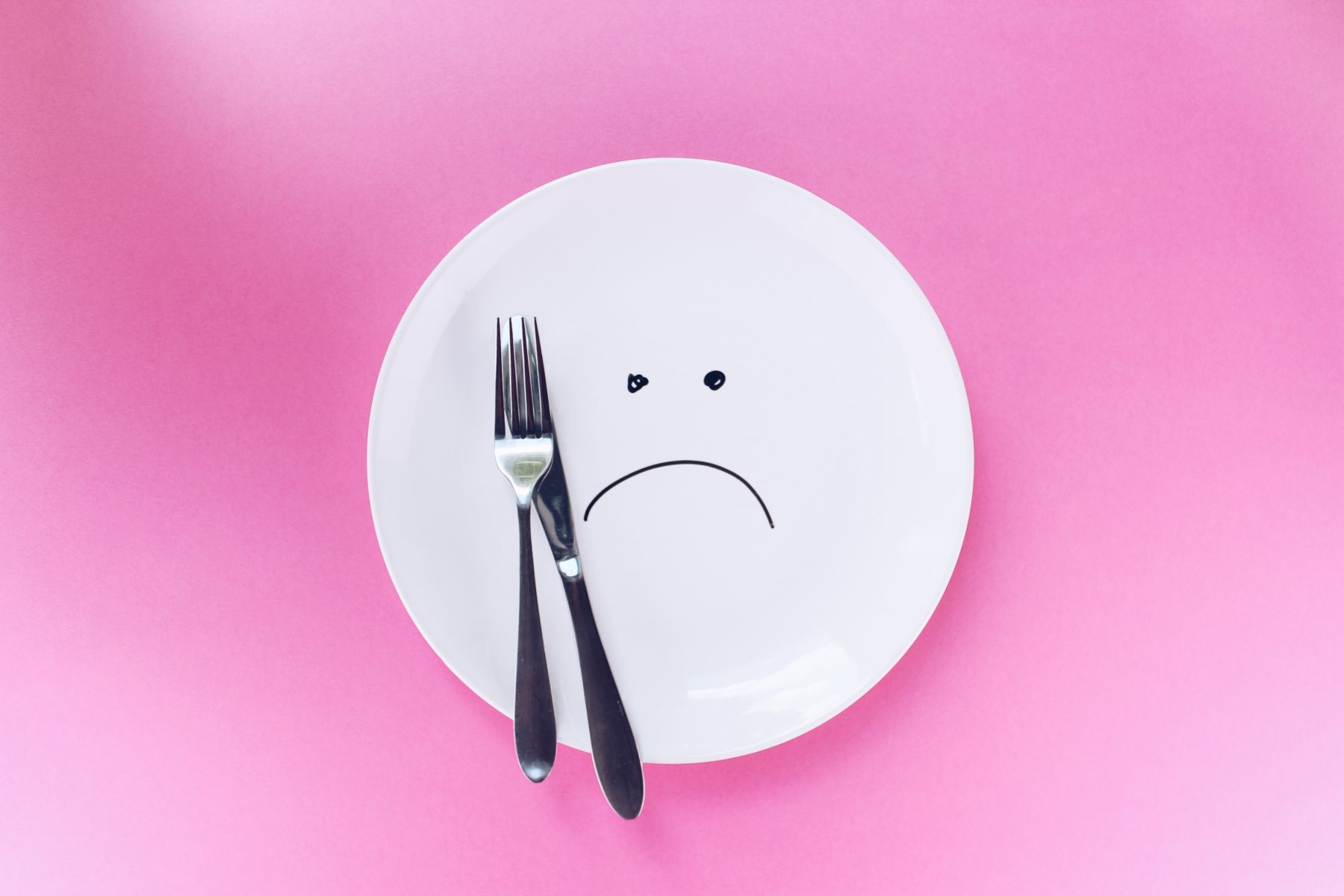Breaking SAD

America is known for not being the most health conscious country. The acronym for the Standard American Diet is SAD, which is spot-on after delving into the details. The SAD diet consists of highly processed oils, refined carbohydrates, industrial farming that leaves crops with high levels of pesticides and animals living in inhumane conditions.
However, this wasn’t always the case. In the late 1800s, people began migrating from rural homes and into urban cities. This migration meant that those living in the city had to get their food from distant farms. Therefore, the need for things like preservatives and manufacturing processes grew in demand.
As a result, to withstand these traveling conditions, farmers increased the use of genetically modified organisms, hydrogenated oils, refined carbohydrates and use of pesticides (such as glyphosate) in the early 1900s.
In addition, due to a study done by Ancel Keys, the Seven Countries Study in the 1950s, there was a heightened fear of consumption of dietary fats that consequently altered America’s perception of saturated fats. The problem with this study is that the results were overgeneralized and created fear of fat consumption amongst Americans. This led to more consumption of refined carbohydrates, sugar and hydrogenated, processed oils — all of which wreak havoc on the body and immune system. It’s no wonder data shows a steady incline of cardiovascular disease and diabetes since the fear of fats was introduced to the SAD diet.
What can we do to break free from SAD diet trends and generate long-lasting health?
The first step is to nix the processed foods. This may sound extreme, but manufacturers of processed foods combine the right amount of sugar and fat (the toxic kind) that lead to addiction — meaning you can’t help but want more! The best way to detox from these foods is to swap them out for healthier substitutes. Thankfully, there are a plethora of healthier snack options that have ingredients without processed oils or loads of sugars. An example of a healthier swap would be a bag of regular potato chips for Jackson’s Honest sweet potato chips and loading up on more veggies.
The next step is to lose the idea that fat is bad for you! When it comes to processed fats, yes, stay away (canola oil, vegetable oil, margarine, safflower oil), but healthy fats — get some! Healthy fats are imperative for overall bodily function. We need healthy fats for hormone synthesis, brain function, neurotransmitter communication, creation of the cell membrane, blood sugar regulation and much more! Unfortunately, there is still a misconception about fat that comes from the 1950s and ‘60s. In reality, the processed foods, sugar and refined carbohydrates are doing more damage to our bodies than an avocado ever will. Load up on healthy fat staples for your regular routine such as avocado, coconut oil, flax seed, chia seeds, grass-fed meats and wild-caught fish.
To break free from the SAD diet, it’s vital to recognize the other outdated myths that are not doing any good for our health!
Myth 1: You must have a glass of milk at every meal. This has been a long-standing myth. In fact, you’ll still see this in the U.S. Department of Agriculture’s ChooseMyPlate recommendations. It’s completely false. Dairy can generate many uncomfortable symptoms for people, particularly sinus congestion and digestive issues. Lactose, a sugar found in most dairy products, has been known to be what causes those digestive issues, and, according to MedlinePlus, “approximately 65 percent of the human population has a reduced ability to digest lactose after infancy.”
For those concerned about calcium intake, make sure you’re consuming calcium-rich foods like dark leafy greens (cress has 188mg of calcium, and dairy has 200mg), sardines, shrimp, almonds, walnuts, hazelnuts, white beans, wakame, seaweed, dried figs and chickpeas.
Myth 2: You must have grains at every meal to be healthy. This is a myth that stems back from the food pyramid days when grains were an allocated majority in our diet. One thing to keep in mind with grains is that they can be highly sprayed with pesticides and potentially difficult to digest — meaning you could be doing more damage to your body long-term. If you are consuming grains, make sure they are gluten-free and organic to minimize risk. Athletes may need more carbohydrate consumption, so look for foods like gluten-free oats, potatoes and starchy vegetables for adequate intake.
While it will most likely take a long time to change the perception of the Standard American Diet, it’s important to keep in mind that each time you go to the grocery store, you are voting for more of what you would like to see. Opt for more real, whole foods, and make sure to support your local farmers so we can see real change in the diet of Americans!






